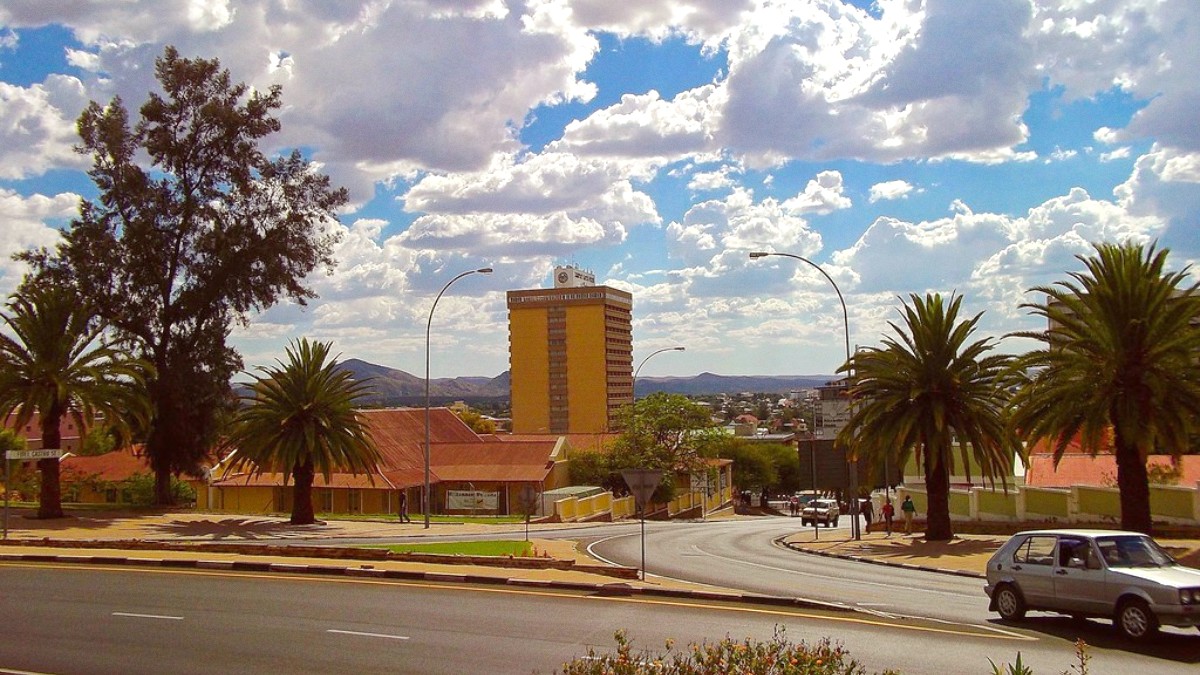
Namibia
A large percentage of Namibia's land dedication goes to protected areas and communal conservancies, protecting wildlife and ecosystems.
Waste management infrastructure is developing; it remains limited outside major urban centers like Windhoek. Practice responsible disposal.
Namibia is one of the driest countries in sub-Saharan Africa. Water scarcity is a significant issue; use water mindfully.
Make choices that align with sustainable travel principles.
Consider mitigating your carbon footprint from air travel.
Support businesses with eco-friendly commitments.
Every drop of water is valuable in Namibia.
Minimize your footprint through smart waste habits.
Find durable and responsibly made outdoor apparel and gear at Patagonia.
Explore PatagoniaDiscover a variety of reusable products for travel and daily life at Package Free Shop.
Visit Package Free ShopAlways conserve water in Namibia. Every drop is precious. Bring a reusable water bottle and shopping bag to reduce waste.
Your visit contributes positively to cultural preservation.
Support local arts and initiatives.
Engage with courtesy and patience.
Photograph responsibly and respectfully.
Show reverence at places of worship.
Support operators with strong ethical foundations and choose eco-friendly stays.
Book ethical tours that focus on community and sustainability with G Adventures.
Find sustainable accommodation options for your journey at Ecobnb.
Contribute to global conservation efforts through shopping at The Rainforest Site (GreaterGood).
Ensure your visit contributes positively to the local economy.
Support initiatives like Penduka Village in Windhoek. These directly benefit local communities through craft sales and cultural experiences.
Purchase souvenirs from reputable craft markets like the Namibia Craft Centre. These establishments generally ensure artists receive a fair price.
Prioritize local guesthouses, restaurants, tour operators, and shops over large international chains. Your spending stays within the local economy.
Exchange foreign currency at banks or official bureaux de change for fair rates.
ATMs are widely available in urban areas for cash withdrawals.
Credit and debit cards are widely accepted in hotels, larger shops, and restaurants.